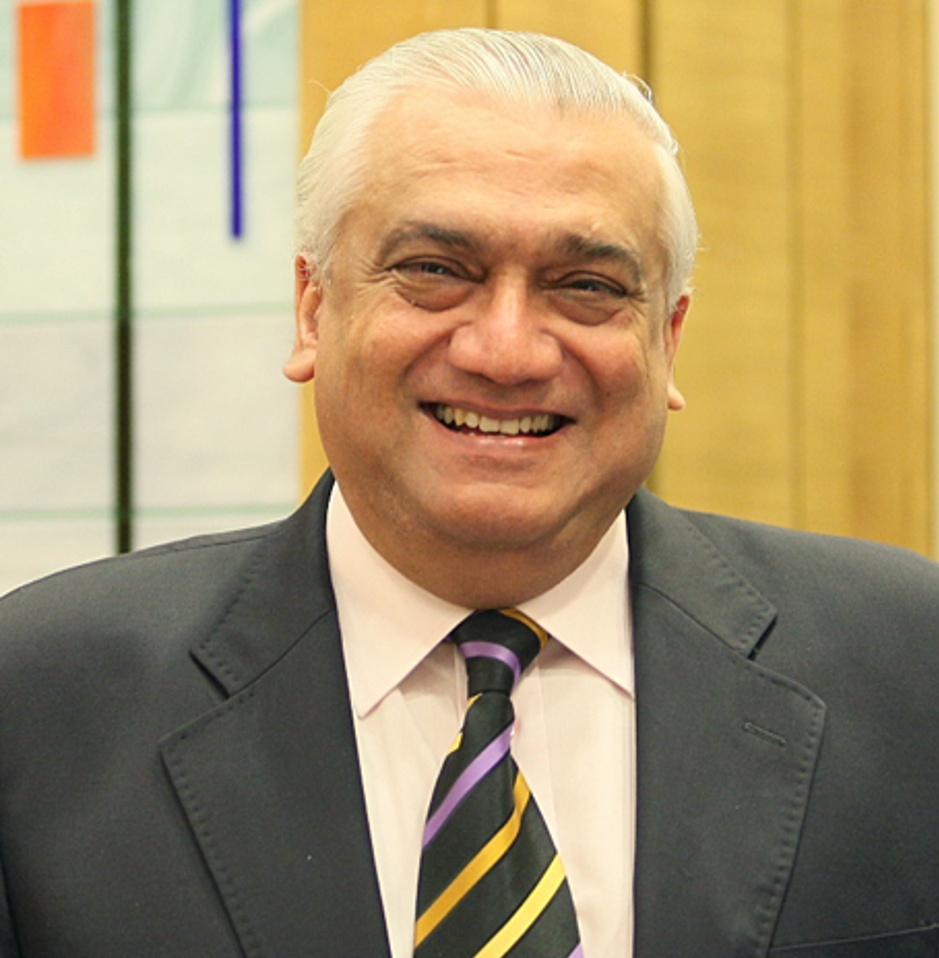In modern times, security issues in the Gulf have involved prominent external involvement at every stage – whether in terms of supporting existing governments/states against domestic change or external attack, or seeking to influence foreign policies, or monitoring or controlling the movement of shipping and naval vessels in the waters of the Gulf and the sea-lanes leading to and from the Gulf. On a number of occasions, one or other of the governments of the Gulf has proposed establishing a collective security organisation covering the eight countries of the Gulf (Kuwait, Saudi Arabia, the United Arab Emirates, Qatar, Bahrain, Oman, Iraq and Iran), such that these states gain primary responsibility for and control of their own security. Some domestic and external observers have also put forward proposals to that effect. 2 Yet, in the past such proposals have never become the focus of widespread debate, whether between the governments of the Gulf or among interested researchers and observers. The response and the assumption has always been that such schemes are idealistic but unrealistic: the realities of the Gulf are such that some of the governments and regimes of the Gulf (especially those of the oil-producing Arab monarchies and emirates) feel too insecure to risk their survival on arrangements with states which may themselves threaten their security. Today, however, the constellations of international politics, and the dynamics of the Gulf region and its surrounding environment, are substantially transforming the security environments of all eight states. The character of the regional threats which they face, the value of existing alliances, the emergence of new international actors with strong interests in the region, and the shifting domestic bases underpinning regimes, require all of the states to re-calibrate their security strategies and priorities. Creating a collective security organisation for the region, bringing together all eight states is an option which now requires serious and urgent consideration. The possible initiating processes, feasibility, optimum structuring and strategic scope all of these require detailed analysis, as does the issue of how a Gulf collective security organisation, or even a framework initially, might relate to external powers and groupings. It is to this important task of analysis and consideration that the proposed workshop will address itself. The central concern will be to identify the parameters within which a Gulf security organisation or framework could function, and the dynamics which might facilitate/impede its effective establishment and organisation. It is to be hoped that the deeper understanding of the factors involved in creating a collective security architecture will feed into Gulf governmental consideration of this issue, enabling the consideration to be better informed and more coherent than it might otherwise be. The workshop’s concerns should also enable external powers to develop their own strategies with respect to a new pan-Gulf collective security entity.
3 DAYS / 10 Workshops
MORE THAN 200 ACADEMIC PAPERS
Objectives and Scope of the Proposed Workshop
As noted in the abstract, this workshop will seek to identify the parameters within which
a Gulf security entity could function, and the dynamics which might facilitate/impede its
effective establishment and organisation. A deeper understanding of the factors involved
in creating a collective security framework is important. It should enable governmental
and non-governmental bodies within and outside the region to give proper consideration
3
to the initiation, feasibility, optimum structuring and strategic scope of such a
development.
In order to achieve the above objective, the workshop will need to give attention to the
following factors and concerns:
1. The experience with collective security frameworks elsewhere, and the aspects of
these which may be of use in taking forward a pan-Gulf collective security
organisation.
2. The character and extent of the changes in international, regional and domestic
politics which are transforming the security dilemmas facing Gulf States and
regimes.
3. The range of security options which are now available to Gulf governments.
4. Organisational structures, scope of responsibility and key characteristics
appropriate for a pan-Gulf collective security entity.
5. Possible approaches appropriate to resolving current rivalries/conflicts/disputes
(especially the Saudi-Iranian divide):
6. Process of initiation: Role of domestic, regional or international actors in
encouraging/supporting Gulf States to move towards collective security entity.
a. Domestic NGOs and public opinion
b. Regional bodies (the Arab League etc.)
c. The BRICS governments (singly or collectively)
d. European governments (the EU collectively, or individual governments)
e. The United States
7. The likely positions taken by, and concerns of, the Gulf governments:
• Saudi Arabia
• Iran
• Oman
• Kuwait
• Bahrain
• Qatar
• The UAE
• Iraq
The position of Yemen, whether as a potential participant or as a country
affected by the development of Gulf collective security, also needs
consideration.
8. How external powers may relate to a Gulf collective security entity once it is
established.
• The BRICS countries (singly or collectively)
• European countries (singly or through the EU collectively)
• The United States
4
• Other countries
While the central concern is with the processes of creating, and possible characteristics
of, a Gulf collective security entity, the background factors which affect these processes
and characteristics will be given close attention. Of critical importance here is how the
rivalries, divisions and hostilities which have characterised intra-Gulf relations in recent
times can be overcome (in particular, but not exclusively, the Iran-Saudi confrontation).
The latter requires analyses which take full account of the nature of regimes and of the
possibilities for transformation within them. Every effort will be made to avoid simplistic
organisational solutions to the collective security problem which take no account of the
historical, ideological and political dynamics which underpin the existing policies
pursued by governments. This requires, furthermore, assessments to be made of the
prospects for change within the regimes of the region. Such assessments need to be set
within the analytical and theoretical context of regime transformation globally.
So also does full account need to be taken of how the external environment impinges on
security issues in the Gulf region. This, in turn, requires analysis of the changing global
order (both economic and political) and the impact which this is having on how external
powers view their interests in the region. Both globally and within the region the
predominance of the United States and Europe can no longer be taken for granted. Nor
can it be assumed that the United States and Europe will continue to see their presence in
the Gulf as critical to their wider global interests. The markets of the Gulf region are now
more closely linked to South and East Asian markets than they are to those of the
Western world. There is, moreover, every reason to believe that this represents a trend
which will be strengthened yet further in the future, creating a wider Asian sphere of
mutual dependency. This is likely to cover energy connectivities, flows of investment as
well as those of trade. Discussion of a collective security organisation in the Gulf,
therefore, needs to be set within the framework of global economic and political change:
how the powers which currently have a predominant security involvement in the Gulf see
their interests in a changing world order, and how the world’s rising powers see (and will
in the future envisage) theirs.
The workshop will seek to avoid approaches which suggest that responsibility for
security in the Gulf will or should pass from existing external powers to other external
powers. The approach, rather, puts the Gulf States themselves at the centre of decisionmaking and potential conflict resolution in the security sphere. The role which external
powers can play as facilitators of this process will depend in part on what they can offer
the Gulf region – not so much in terms of security support, but more in terms of the help
they can give in binding the Gulf region into wider international networks of
communication, trade, investment global political inclusion. The collective interests of
5
the Gulf States in wider systems of exchange and engagement will be critical in shaping
the region into a cohesive regional entity.
Although papers may cover only one small part of the whole picture, it will be important
for them to be conceived with the wider picture in mind. What it is hoped will come out
of the workshop will not be recommendations on what Gulf governments should do.
Rather, the objective, as stated in the abstract, is to create a deeper understanding of the
factors involved in creating a collective security framework. The latter, it is to be hoped,
can then feed into Gulf governmental consideration of this issue, enabling the
consideration to be better informed and more coherent than it might otherwise be. It
should also help outside governments prepare for – and if possible facilitate - a changing
regional order in the Gulf, where the Gulf States take charge of their own security
interests.

